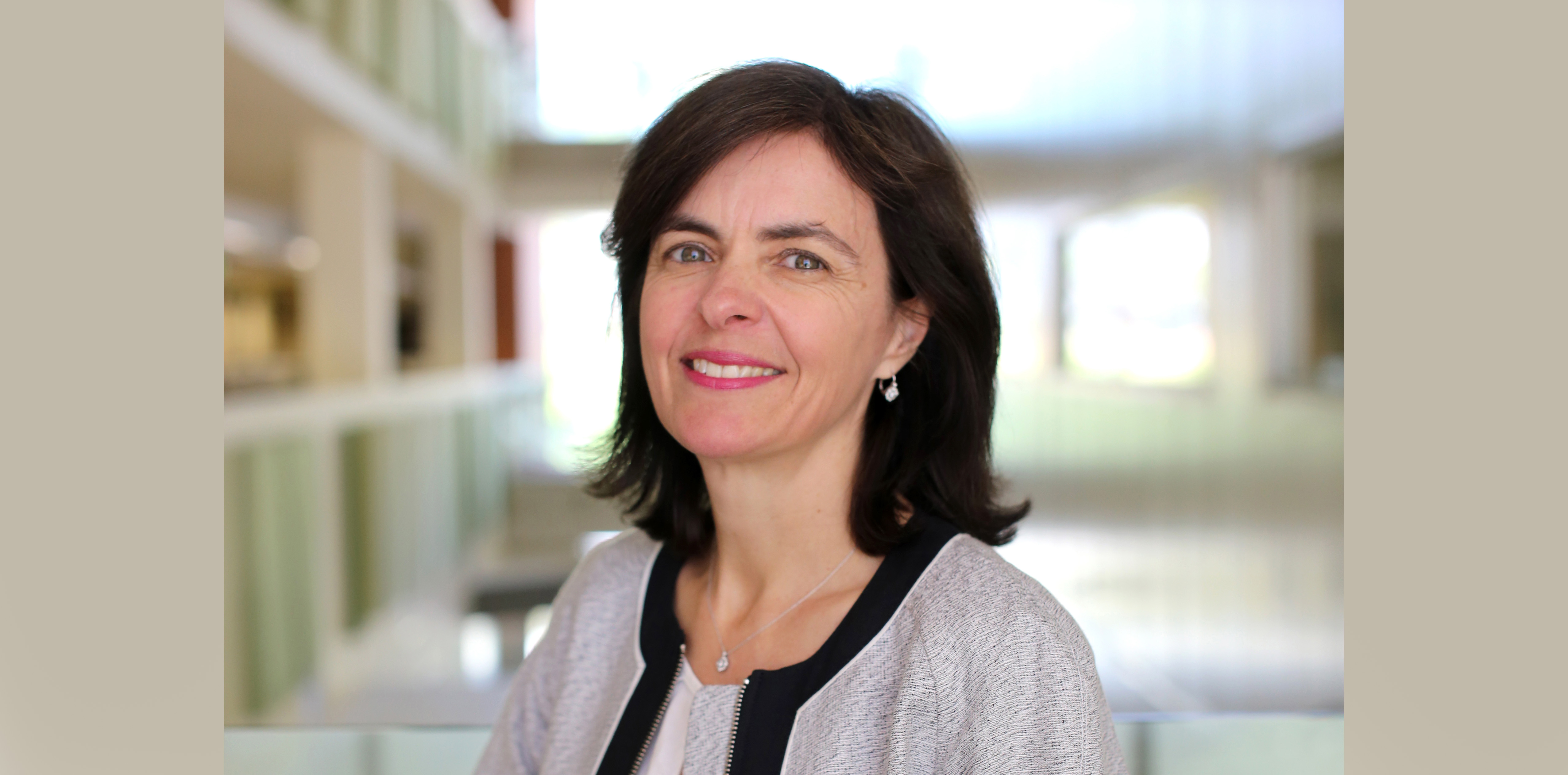Professor Catherine Hill sees challenges and opportunities ahead as the news president of the ARA.
Professor Catherine Hill has been appointed to lead the Australian Rheumatology Association for the next two years.
Rheumatology Republic caught up with Professor Hill to find out a little more about her vision for the peak rheumatology group in Australia.
Professor Hill has been practising as a consultant rheumatologist since 1996 and is currently the director of the rheumatology unit at The Queen Elizabeth Hospital, a staff specialist at the Royal Adelaide Hospital and a clinical professor at the University of Adelaide.
Q: What are your special interests professionally?
A: My professional interests are in drug regulation over many years; I was on Australian Committee for Prescription Medicine of TGA (2004-2015) then on Drug Utilisation Subcommittee and on PBAC since 2017. I also chair a statewide South Australian Medicines Evaluation Panel which evaluates high cost medications for SA. My research interests are in epidemiology and clinical research particularly vasculitis, gout and osteoarthritis. I really enjoy supervising and mentoring rheumatology advanced trainees
and PhD students.
Q: What drew you to rheumatology in the first place?
A: I did a wonderful attachment as an RMO at Repatriation General Hospital with Professor Michael Ahern and Professor Malcolm Smith and really enjoyed the broad range of complex diseases, interaction with colleagues and excellent teaching and mentorship from them as subsequently from David Henderson, Kevin Pile and Les Cleland.
Q: What are some of your career highlights?
A: Winning the AFA-Heald Scholarship in 1998 which allowed me to spend two years studying and research at Boston University with David Felson is a career highlight as well as allowing me to gain skills that have helped me in my subsequent research career. More recently, being involved in ARAD with my stellar co-investigators (Rachelle Buchbinder, Lyn March and Marissa Lassere) and most recently establishing Australian & NZ Vasculitis Society (ANZVASC) with nephrology and immunology colleagues.
Q: What are you hoping to achieve as ARA president this year?
A: The ARA presidency is a two-year job. We are a small but strong association. We are hoping to make gains in improving access to high quality rheumatology care for all Australians and this includes those who are located rurally as well as paediatric populations. Increasing training opportunities for rheumatology trainees, including paediatrics, is a priority. In addition, increasing research opportunities for our members through use of research trust and collaborations with other institutions. Establishment of the Clinical Resources Committee this year will deliver local resources to members aligned with Living
Guidelines.
Q: What do you think some of the challenges will be?
A: Improving access to care in rural and remote areas has challenged previous boards. Data regarding workforce and population needs for rheumatology is challenging but together with the Education, Work force and Training Committee. Delivering quality education to the membership is also challenging given the cancellation of the ARA ASM but we are looking at ways to deliver
Q: How has your professional life changed due to COVID-19?
A: Like most rheumatologists, we changed almost entirely to telephone consults but are gradually moving back to face-to-face. Cancellation of interstate and overseas travel has been a big change for me but am now pretty proficient on zoom and enjoying being at home more. I have been surprised how many meetings and tutorials can be managed well with zoom or Teams. Although I missed the interactions with ARA members as the ARA ASM was cancelled.
Q: How do you think COVID-19 will change rheumatology?
A: I think in the future we will be doing more telehealth. I think we are going to be going to less conferences in the future but nothing will replace the networking and face-to-face interactions with colleagues at these events.


